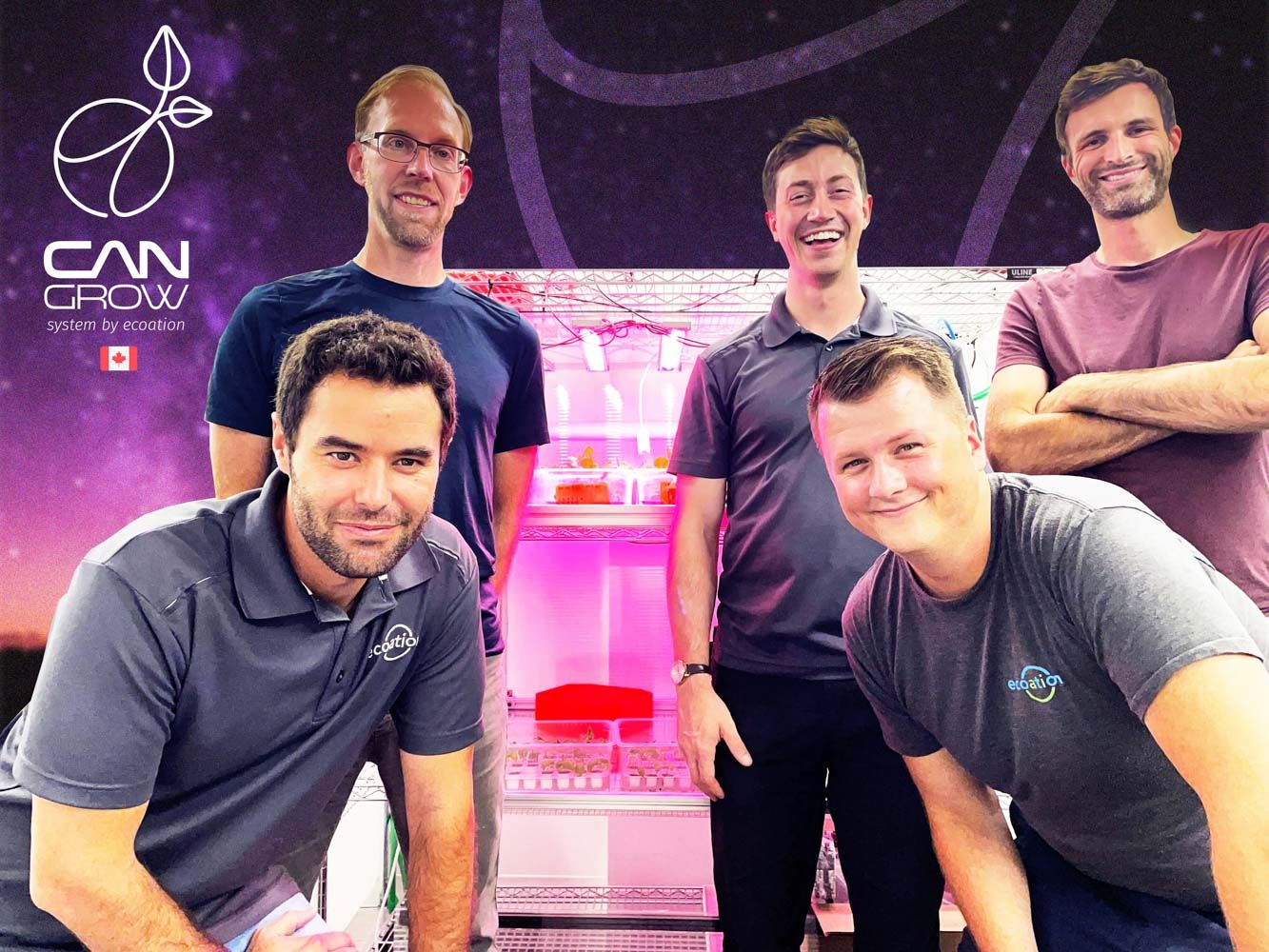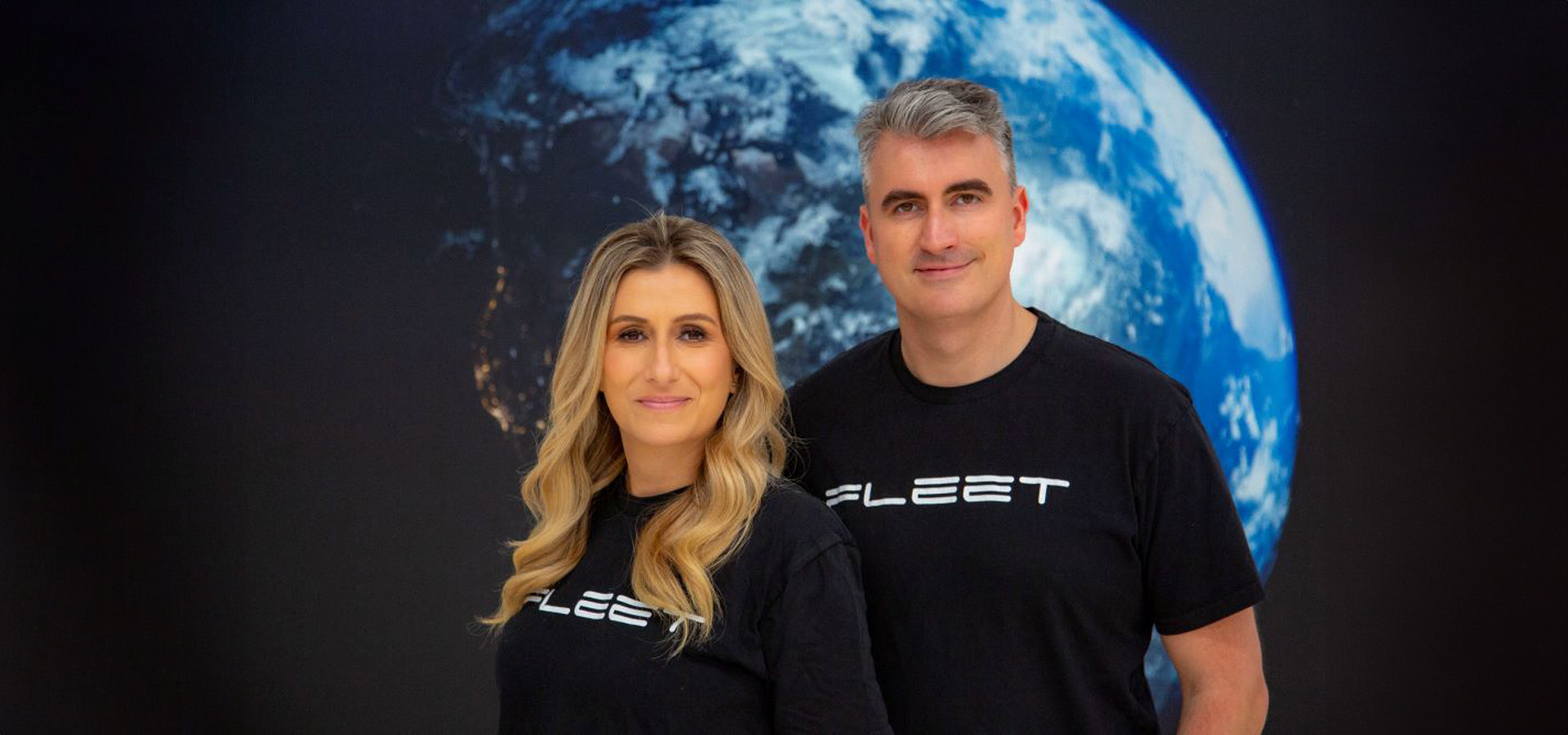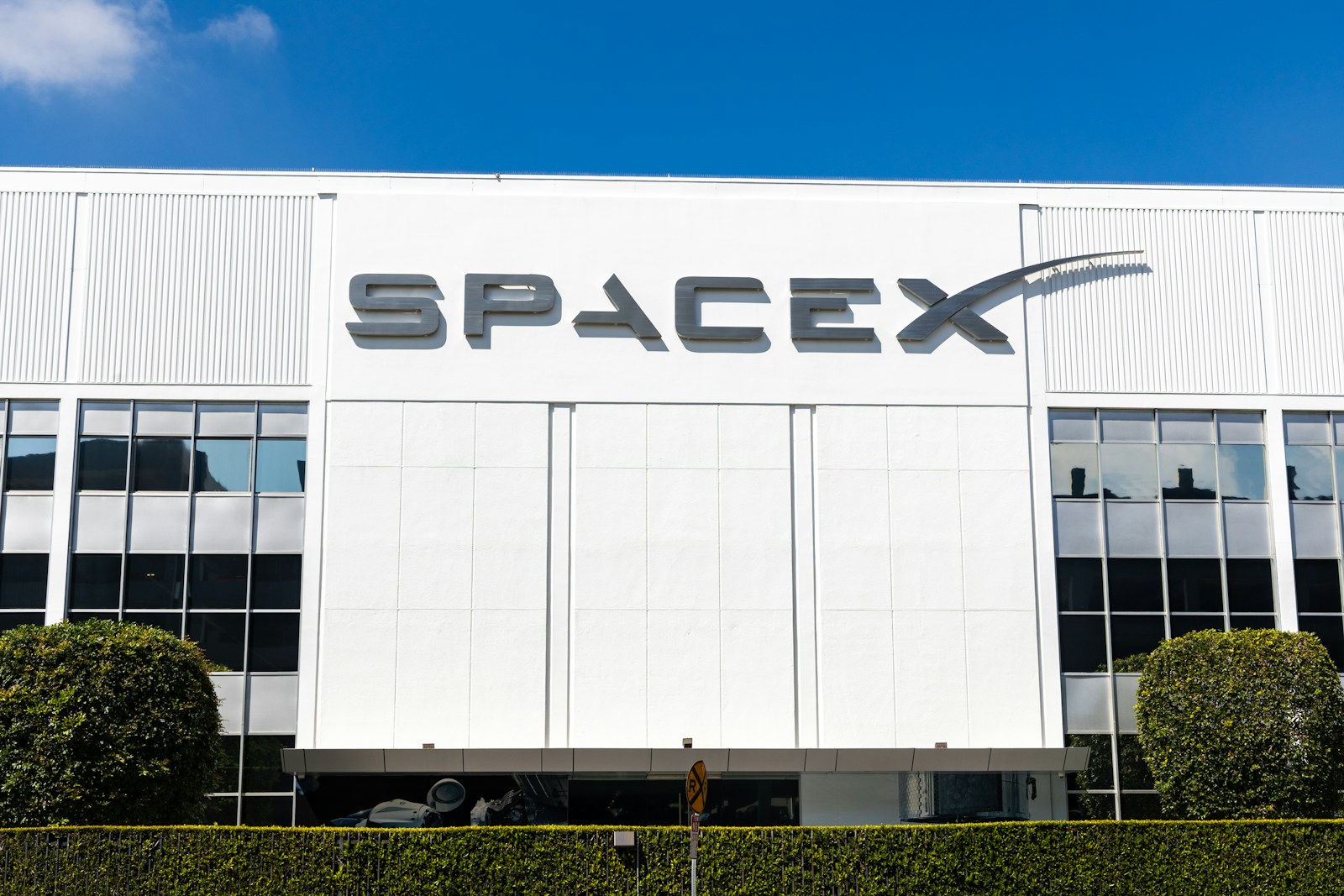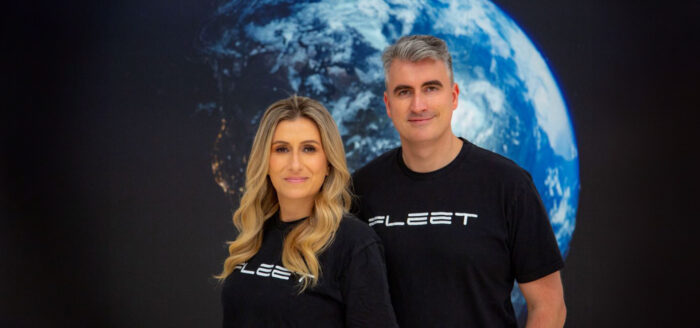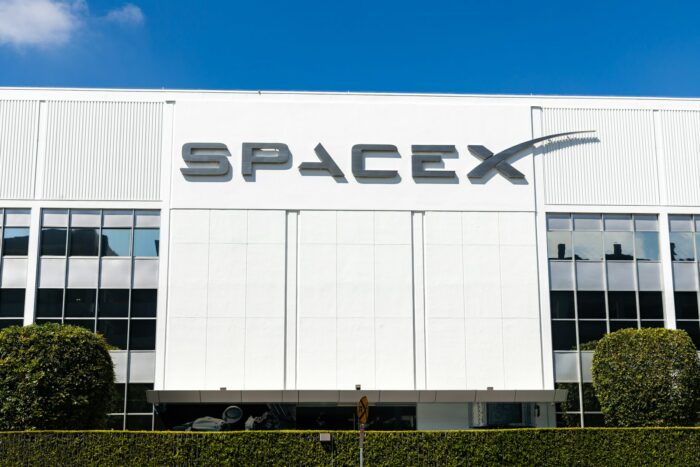Insider Brief:
- Ecoation Innovative Solutions has secured the top spot in the Deep Space Food Challenge with its CanGrow Modular Food Production System.
- The company will receive a grand prize of $380,000 in grant funding.
- The CanGrow System has the potential to yield over 700 kilograms of nutrient-dense food annually.
- Image credit: Canadian Space Agency.
Ecoation Innovative Solutions, a North Vancouver-based company, has secured the top spot in the Deep Space Food Challenge, a joint initiative by the Canadian Space Agency and NASA aimed at revolutionizing food production for long-duration space missions. The company’s CanGrow Modular Food Production System has earned them the grand prize of $380,000 in grant funding as reported by City News.
CEO, Dr. Saber Miresmailli, expressed his excitement for the victory that was announced by none other than Canadian astronaut, Chris Hadfield, who served as a jury co-chair for the challenge. Miresmailli discussed the company’s goal of providing astronauts with a dining experience akin to a five-star restaurant, complete with offerings like steak substitutes, mixed salads, and fresh strawberries.
The CanGrow system is about the size of a wardrobe and runs on standard 120-volt power. It has the potential to yield over 700 kilograms of nutrient-dense food annually, including strawberries, dwarf cherry tomatoes, and a fungus root that serves as a meat substitute. With five chambers, four of which are equipped with LED lights for plant growth and the fifth cultivating protein-rich mushroom-forming fungi, the system presents a comprehensive solution to space-based food production.
A key challenge was ensuring not only the nutritional value but also the taste of the food produced, something Miresmailli’s team worked hard to address. During a blind test, judges couldn’t discern between mushroom-based meat and the real deal.
The potential for the CanGrow system to sustain astronauts during extended space missions while also addressing food security concerns in isolated communities on Earth is very promising. Moreover, the system’s remote monitoring capabilities, facilitated by artificial intelligence, allow for seamless plant management from Earth. This alleviates the need for astronauts to spend precious time tending to crops in space, enabling them to focus on their primary objectives.
Beyond its applications in space, Miresmailli envisions the CanGrow technology benefiting communities on Earth, particularly in Northern Canada where weather conditions often pose challenges to fresh food production.
Share this article:

